Pearse Museum – St. Enda’s Park
An enthralling chapter in the story of 1916
Admission
Free Admission
Follow us
Pearse Museum – St. Enda’s Park
The Pearse Museum in St Enda’s Park is where the leader of the 1916 Rising, Patrick Pearse, lived and operated his pioneering Irish-speaking school from 1910 to 1916.
Set in nearly 20 hectares of attractive parkland in Rathfarnham, Dublin, the museum tells the story of Patrick Pearse and his brother Willie, both of whom were executed for their part in the 1916 Rising. Here you can peruse a fascinating exhibition on Pearse’s life and wander through the historic rooms where he, his family and his students once lived and worked.
The romantic landscape surrounding the museum contains a wild river valley, forested areas and some enchanting eighteenth- and nineteenth-century follies.
If you are interested in the park’s varied wildlife, you will find information about it in a dedicated room in the courtyard – where you’ll also find the Schoolroom Café.
Highlights

Gallery
Opening Times
Pearse Museum
November – January: 09:30 – 16:00
February: 09:30 – 17:00
March – October: 09:30 – 17:30
St. Enda’s Park
November – January: 09:00 – 16:30
December 09:00 – 16:30
February : 09:00 – 17:30
March & October : 09:00 – 18:00
April & September: 09:00 – 20:00
May – August : 09:00 – 21:00
Guided tours available. Group tours must be booked in advance by calling 01 493 4208 or emailing pearsemuseum@opw.ie
Getting Here
8km approximately from Dublin City Centre
Click the relevant icon below to open Maps directions
Facilities
- Art
- Audio Tour
- Baby Changing
- Café
- Car park
- Changing exhibitions
- Coach parking
- Exhibition
- Guided tours
- Lift
- Museum
- Toilets
- Wheelchair Accessible
- Wheelchair Accessible Toilet
Restrictions
- Dogs on lead
Nearby sites to visit
Pearse Museum – St. Enda’s Park
Rathfarnham Castle
An inspiring Elizabethan castle within easy reach of Dublin City Centre
Approx. 1.7 km from Pearse Museum – St. Enda’s Park
Iveagh Gardens
Experience a sense of wonder in Dublin’s ‘secret garden’
Approx. 6.0 km from Pearse Museum – St. Enda’s Park
St Stephen’s Green
A Victorian civic gem in Dublin’s greatest garden square
Approx. 6.5 km from Pearse Museum – St. Enda’s Park
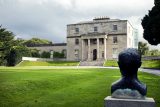
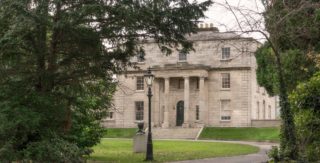
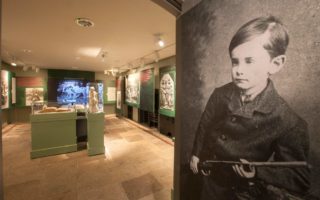
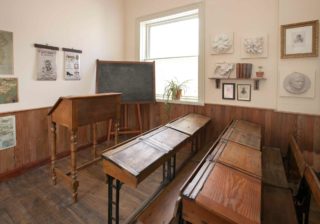
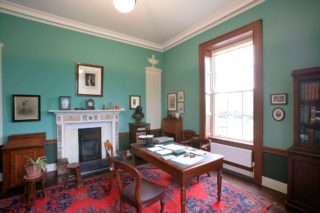
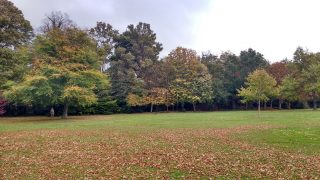
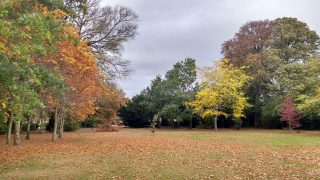
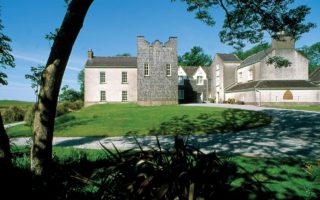
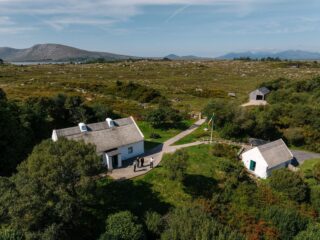
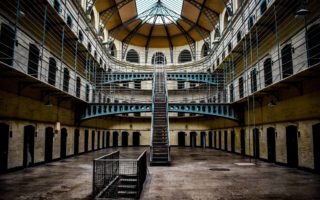
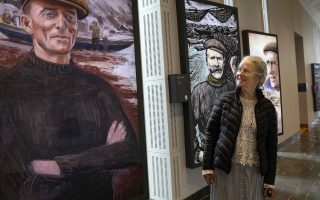
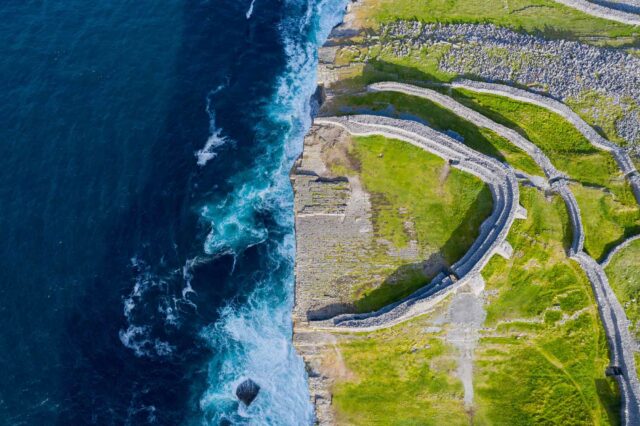
Resources
Social Guide
Download, print and read our social guide (PDF) about visiting Pearse Museum – St. Enda’s Park. This will help first-time visitors, families and people with developmental and learning disabilities to prepare for a visit to Pearse Museum – St. Enda’s Park.
Download the Social Guide